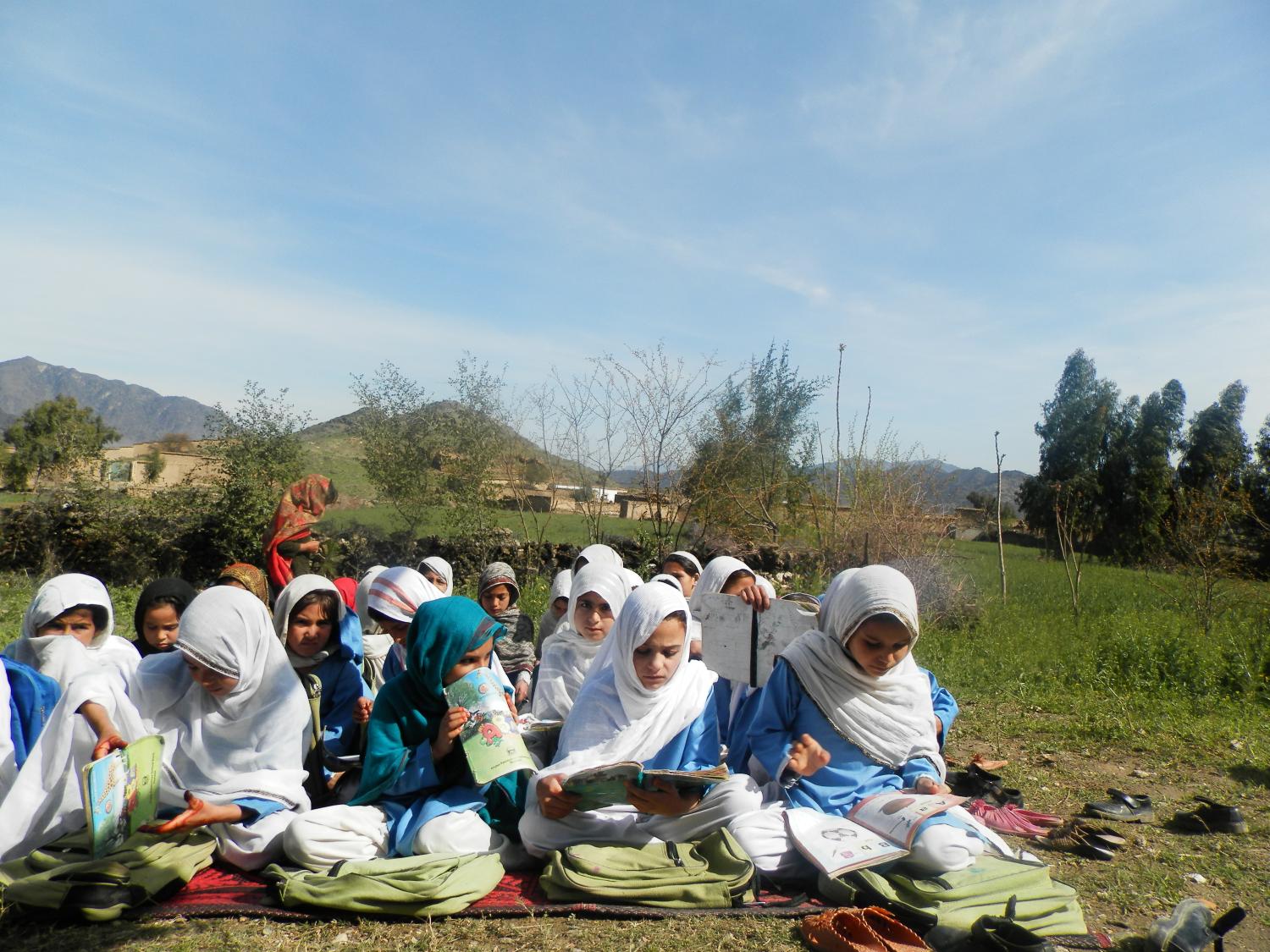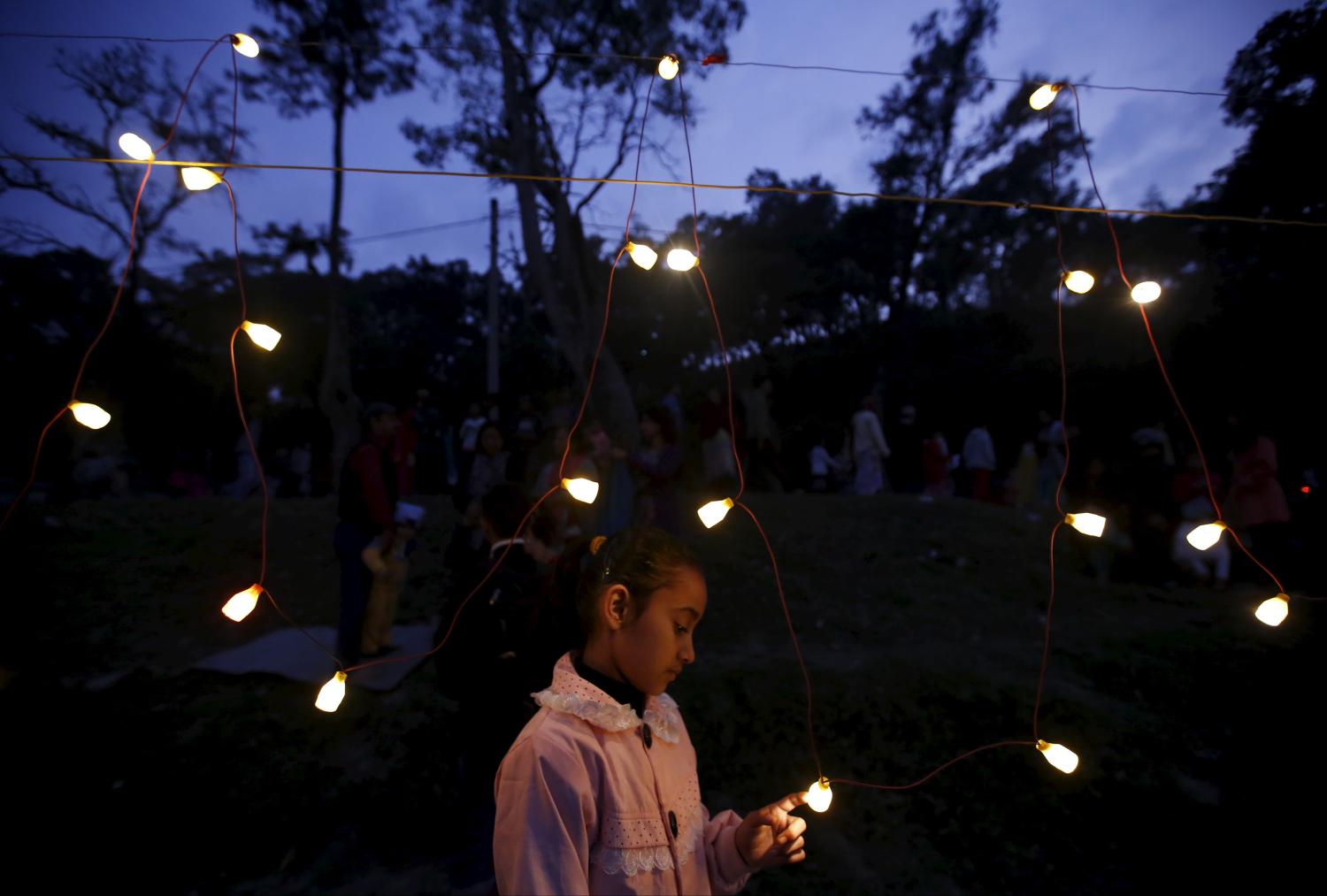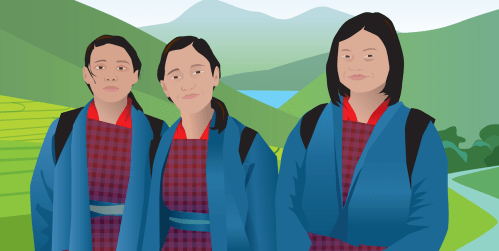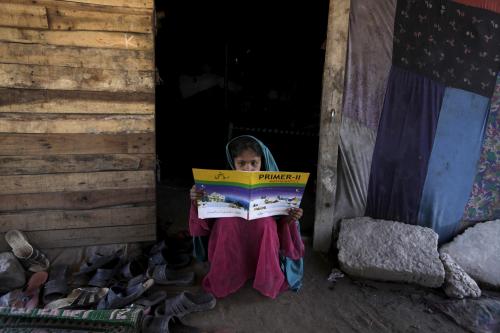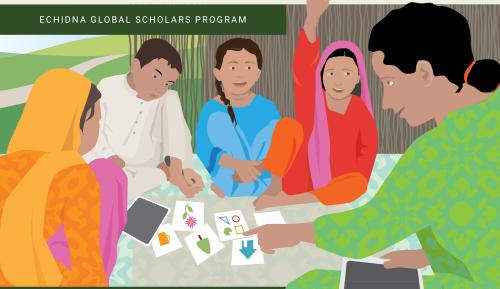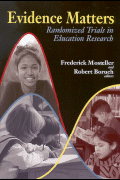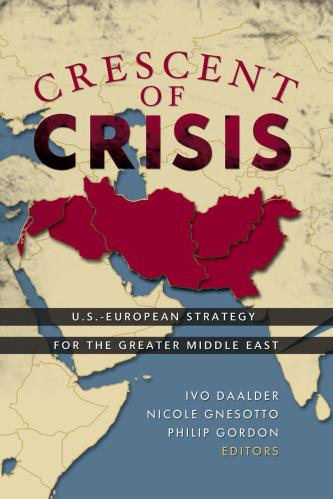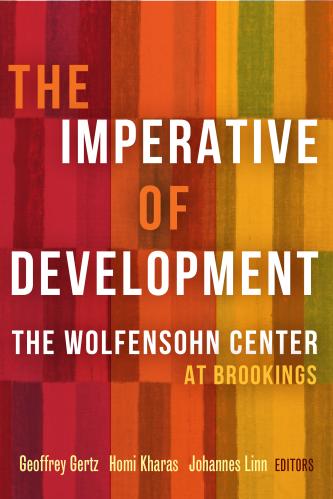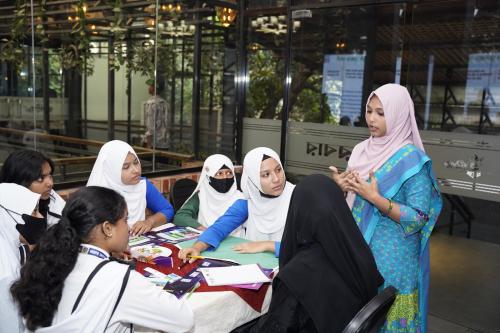This paper presents the case for promoting girls’ education in the challenging contexts of remoteness, social conservatism, fragility, and severe financial hardship by providing localized services delivered through community-supported initiatives, contextualized approaches, and flexible strategies.
This argument draws from the latest literature on community-supported education, barriers to girls’ education, and the role of nongovernmental actors, as well as the author’s research on three community-supported schooling models in three different contexts in Pakistan: 1) in a state of fragility; 2) in a socially conservative area experiencing social resistance to girls’ education; and 3) in an urban slum area. This policy paper highlights lessons learned for both policymakers and implementers of girls’ education services, especially in establishing responsive, relevant, and flexible girls’ education initiatives in challenging contexts in Pakistan.
These lessons have been organized into three sections. The first provides a brief overview of the diverse realities of girls’ education in Pakistan and the challenges of education service delivery in these contexts. The second section speaks specifically to policymakers in Pakistan, presenting a set of recommendations for establishing complementary frameworks for promoting girls’ education. The third section is particularly relevant for education service providers in the nongovernmental sector. It recommends a process framework suitable for establishing flexible and responsive education service models, and discusses the implications for replicating and scaling these models. The paper concludes with overarching lessons in the form of three pillars for promoting girls’ education in Pakistan through localized and flexible service models.
The Brookings Institution is committed to quality, independence, and impact.
We are supported by a diverse array of funders. In line with our values and policies, each Brookings publication represents the sole views of its author(s).

